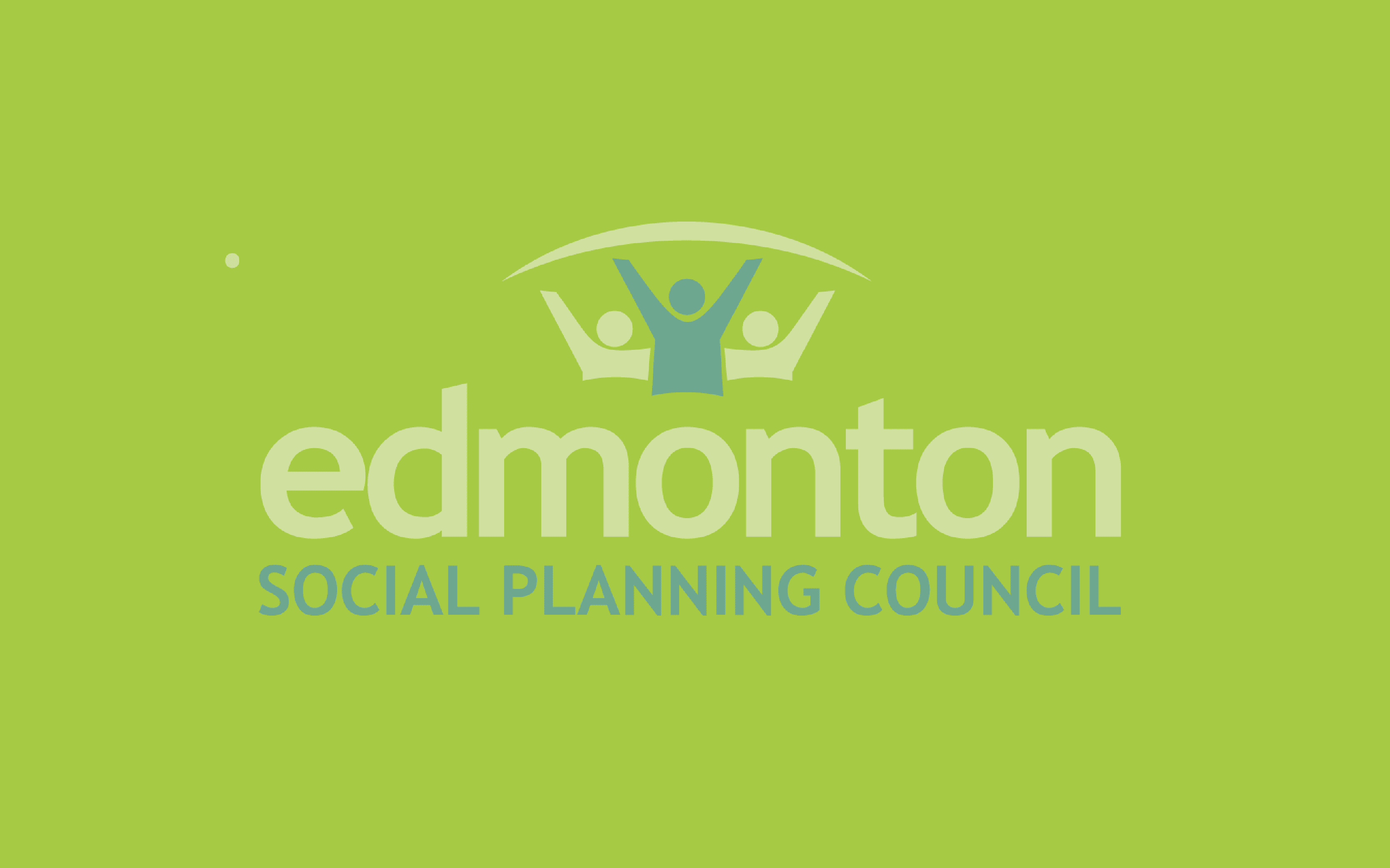[et_pb_section fb_built=”1″ _builder_version=”4.7.0″ custom_margin=”0px||0px||false|false” custom_padding=”0px||0px||false|false”][et_pb_row column_structure=”3_4,1_4″ use_custom_gutter=”on” gutter_width=”1″ _builder_version=”4.7.3″ _module_preset=”default” width=”100%” custom_margin=”0px||||false|false” custom_padding=”3px||5px|||” border_width_bottom=”1px” border_color_bottom=”#a6c942″][et_pb_column type=”3_4″ _builder_version=”4.7.0″ _module_preset=”default”][et_pb_post_title meta=”off” featured_image=”off” _builder_version=”4.7.4″ _module_preset=”default” title_font=”||||||||” custom_margin=”||3px|||” border_color_bottom=”#a6c942″][/et_pb_post_title][/et_pb_column][et_pb_column type=”1_4″ _builder_version=”4.7.0″ _module_preset=”default”][et_pb_image src=”https://edmontonsocialplanning.ca/wp-content/uploads/2020/08/boxes_1.gif” title_text=”boxes_1″ align=”center” disabled_on=”on|off|off” _builder_version=”4.7.4″ _module_preset=”default” width=”100%” custom_margin=”-2px||-1px||false|false” custom_padding=”||7px|||”][/et_pb_image][/et_pb_column][/et_pb_row][et_pb_row column_structure=”3_4,1_4″ use_custom_gutter=”on” gutter_width=”1″ make_equal=”on” _builder_version=”4.7.4″ background_size=”initial” background_position=”top_left” background_repeat=”repeat” width=”100%” custom_margin=”0px|auto|0px|auto|false|false” custom_padding=”37px|0px|44px|0px|false|false”][et_pb_column type=”3_4″ _builder_version=”4.5.6″ custom_padding=”0px|0px|0px|0px|false|false” custom_padding__hover=”|||”][et_pb_text _builder_version=”4.7.4″ _dynamic_attributes=”content” _module_preset=”default” text_font=”||||||||” text_text_color=”#000000″ custom_padding=”||32px|||”]@ET-DC@eyJkeW5hbWljIjp0cnVlLCJjb250ZW50IjoicG9zdF9kYXRlIiwic2V0dGluZ3MiOnsiYmVmb3JlIjoiIiwiYWZ0ZXIiOiIiLCJkYXRlX2Zvcm1hdCI6ImRlZmF1bHQiLCJjdXN0b21fZGF0ZV9mb3JtYXQiOiIifX0=@[/et_pb_text][et_pb_text _builder_version=”4.7.4″ text_line_height=”1.6em” header_2_font=”||||||||” header_2_text_color=”#008ac1″ header_2_font_size=”24px” background_size=”initial” background_position=”top_left” background_repeat=”repeat” width=”95%” module_alignment=”left” custom_margin=”44px|0px|2px|-96px|false|false” hover_enabled=”0″ locked=”off” sticky_enabled=”0″]
Note: this is excerpted from the May 2020 edition of our “Research Update” publication. The Edmonton Social Planning Council, in collaboration with our volunteers, strives to provide stakeholders and community members with up-to-date reviews, prepared by our volunteers, on recently published social research reports and publications.
Reviewed by Agatha Briglio
In 2019 a survey was sent to 37 cities, including representation, at minimum, of one city from each province and territory. The survey was part of the sixth annual Canadian Centre for Policy Alternatives’ series that tracks and analyzes Canadian child care comparable fees paid to licensed child care providers across Canada. It examined child care fees across three groupings: infants, toddlers, and preschool children.
On average, infants include newborns to the age of two. In British Columbia, infant and toddlers are a combined category (zero – three years of age). The infant category is the smallest among the three groupings. Toddlers extend from the age of two to the age of three. The preschool-age category includes ages three to school entry and is the largest group.
Most centres in Saskatchewan, Manitoba, Quebec, Prince Edward Island, Newfoundland & Labrador, Iqaluit, and Yellowknife are not-for-profit licensees that follow provincial set-fee rates. A small number of for-profit centres exist, and charge at least 10% more for preschool space.
In Quebec, parents receive a rebate through a tax credit that can reimburse up to 90% of their child care fees (depending on their income).
In 2019, St. John’s, Newfoundland, became a majority set-fee city. However, 39% of its licensed spaces are still at market rates, which are 10% – 40% higher than provincial set-fee rates.
Report findings: Infant care is most expensive in Toronto, with a monthly median cost of $1,774. The lowest rates are in Quebec, where the monthly fee is set at $170.
Toddler care ranked highest in Toronto at $1,457. In Iqaluit, Nunavut, and Richmond, British Columbia, toddler care fees are more than $1,200 a month. In Iqaluit, space for toddlers and preschool age children are at the same fee. Quebec cities ranked lowest at a set-fee of $179 a month. Other rates, like Winnipeg at $415, and Charlottetown at $586, are located in set-fee provinces.
Impact of policy initiatives: In 2017, a three year federal/provincial/territorial agreement initiative was introduced as a way to reduce child care fees, specifically preschool-aged fees. It established an action plan based on five principals: accessibility, affordability, quality, inclusiveness, and flexibility. Alberta introduced a limited number of $25/day fee spaces (roughly 7%) in Edmonton and Calgary. In British Columbia, a $10/ day fee was introduced, roughly 5% of available spaces. The survey results indicate public policy (such as province-wide fees), fee regulation, and public funding—not market demand—play a role in determining child care fees. In conclusion, child care fees are lowest when licensees receive public funding set out in public policy.
Publication Source: Canadian Centre for Policy Alternatives. (2020). In Progress: Child Care Fees in Canada 2019. Retrieved from: https://www.policyalternatives.ca/publications/reports/progress
Volunteer Research Reviewer: Agatha Briglio works as a policy analyst for the province. She is keenly interested in low-income issues and those most at-risk in our community. Through volunteer work she hopes to continue to grow professionally as a researcher, policy analyst, and facilitator
[/et_pb_text][/et_pb_column][et_pb_column type=”1_4″ _builder_version=”4.7.4″ custom_padding=”0px|20px|0px|20px|false|false” border_color_left=”#a6c942″ custom_padding__hover=”|||”][et_pb_testimonial author=”Posted by:” job_title=”@ET-DC@eyJkeW5hbWljIjp0cnVlLCJjb250ZW50IjoicG9zdF9hdXRob3IiLCJzZXR0aW5ncyI6eyJiZWZvcmUiOiIiLCJhZnRlciI6IiIsIm5hbWVfZm9ybWF0IjoiZGlzcGxheV9uYW1lIiwibGluayI6Im9uIiwibGlua19kZXN0aW5hdGlvbiI6ImF1dGhvcl93ZWJzaXRlIn19@” portrait_url=”@ET-DC@eyJkeW5hbWljIjp0cnVlLCJjb250ZW50IjoicG9zdF9hdXRob3JfcHJvZmlsZV9waWN0dXJlIiwic2V0dGluZ3MiOnt9fQ==@” quote_icon=”off” disabled_on=”on|off|off” _builder_version=”4.7.4″ _dynamic_attributes=”job_title,portrait_url” _module_preset=”default” body_text_color=”#000000″ author_font=”||||||||” author_text_align=”center” author_text_color=”#008ac1″ position_font=”||||||||” position_text_color=”#000000″ company_text_color=”#000000″ background_color=”#ffffff” text_orientation=”center” module_alignment=”center” custom_margin=”0px|0px|4px|0px|false|false” custom_padding=”32px|0px|0px|0px|false|false”][/et_pb_testimonial][et_pb_text disabled_on=”on|off|off” _builder_version=”4.7.4″ _dynamic_attributes=”content” _module_preset=”default” text_text_color=”#000000″ header_text_align=”left” header_text_color=”rgba(0,0,0,0.65)” header_font_size=”20px” text_orientation=”center” custom_margin=”||50px|||” custom_padding=”48px|||||”]@ET-DC@eyJkeW5hbWljIjp0cnVlLCJjb250ZW50IjoicG9zdF9jYXRlZ29yaWVzIiwic2V0dGluZ3MiOnsiYmVmb3JlIjoiUmVsYXRlZCBjYXRlZ29yaWVzOiAgIiwiYWZ0ZXIiOiIiLCJsaW5rX3RvX3Rlcm1fcGFnZSI6Im9uIiwic2VwYXJhdG9yIjoiIHwgIiwiY2F0ZWdvcnlfdHlwZSI6ImNhdGVnb3J5In19@[/et_pb_text][/et_pb_column][/et_pb_row][/et_pb_section]
